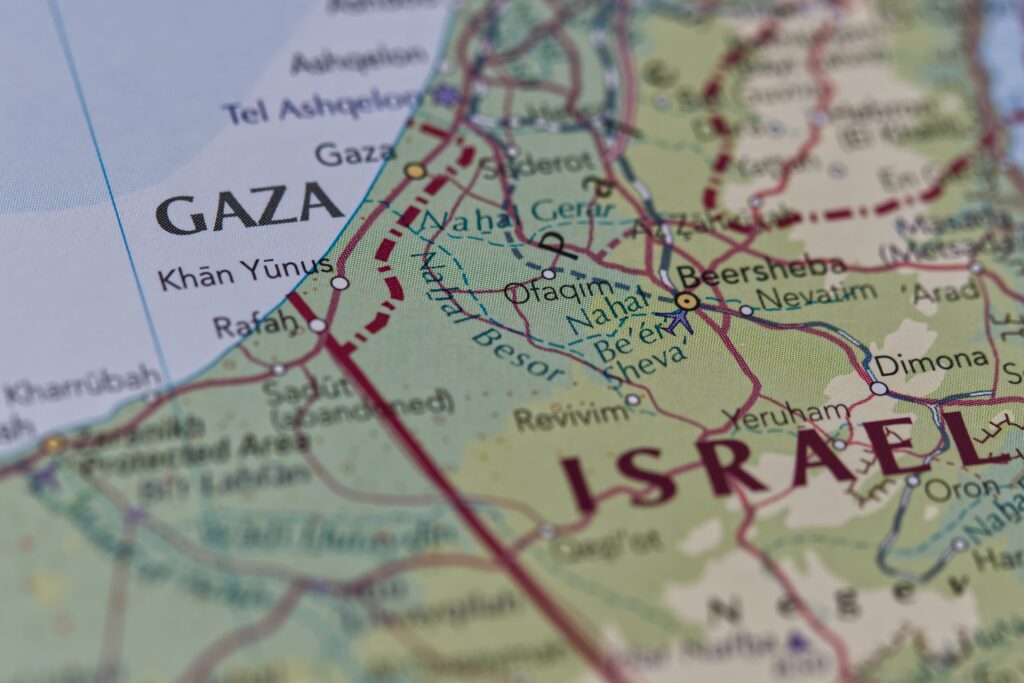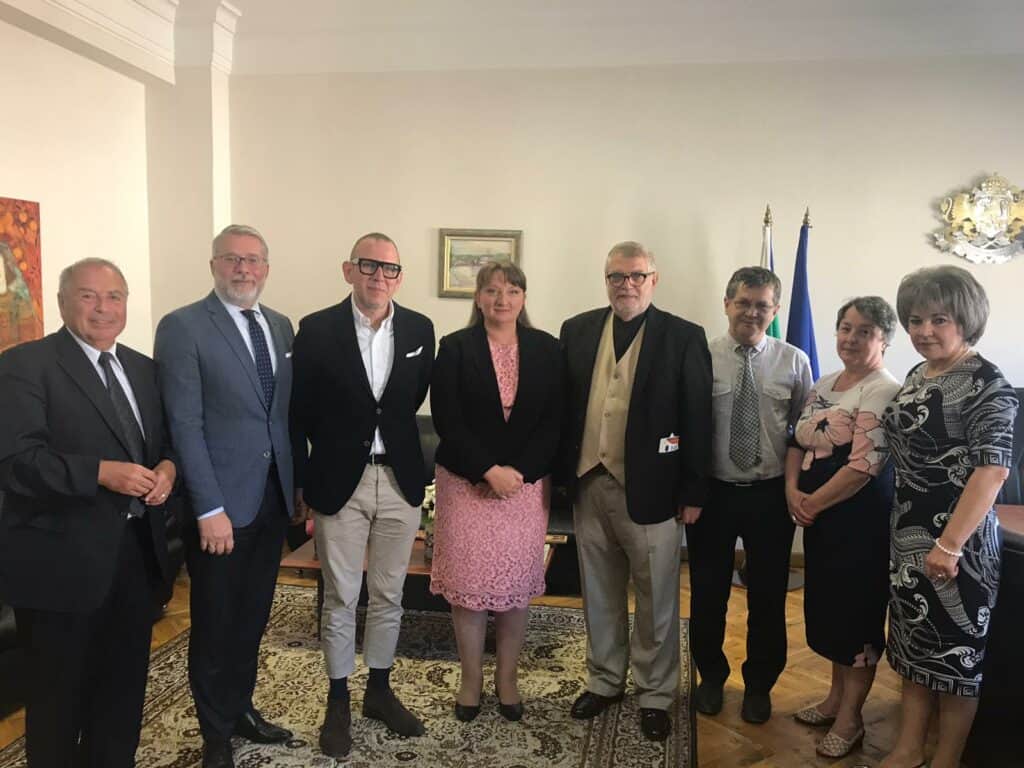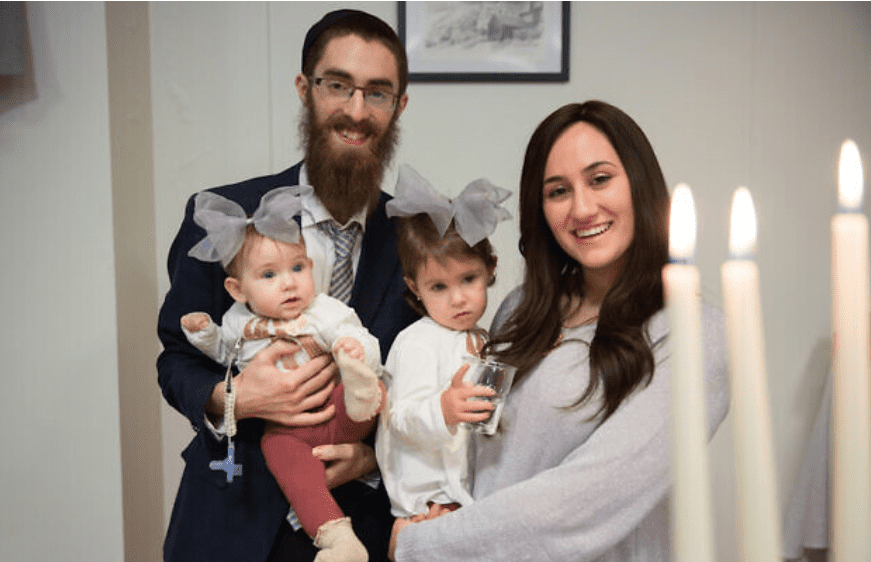As ban on kosher slaughter takes hold in most of Belgium, Rabbi Menachem Margolin wants that legislation in some countries on the continent are making Jews feel like second class citizens
The latest ban on kosher slaughter in Europe is just another restriction placed on the continent’s Jews and adds to the sense that the community is not wanted, says the head of the European Jewish Association (EJA).
“This is a true tragedy for the entire Jewish community,” says Rabbi Menachem Margolin, regarding the recent prohibition of kosher slaughter in the Wallonia region of Belgium
The Wallonia ban joins a prohibition on kosher slaughter in the northern Flanders region of Belgium, making the Jewish ritual effectively illegal in two thirds of the country, where more than 40,000 Jews reside.
The rabbi, himself a Belgian citizen, sees growing restrictions and limitations on the rights of the European Jewish communities all over
the continent, and does not accept the humanitarian reasons legislators cling to in explaining the ban on kosher slaughter.
“Hunting for fun and sport is still allowed in Belgium,” Margolin tells Ynet. “More animals are killed by hunting across Belgium than by kosher slaughter, not to mention the problemetic conditions of regular slaughter, which are allowed throughout the country.
“From the way the animals are transported to the food they eat and the conditions they live in, there are endless problems regarding the treatment of animals in Belgium. Jewish people care for the animals, and kosher slaughter is much more humane then any other forms of slaughter.”
Although anti-Semitism in Europe is on the rise, Margolin doesn’t see it as the reason for the new law; instead he blames political lobbyists.
“The real tragedy is the fact that the politicians who were so moved by the animal rights lobbyists ignored the pleas of the Jewish community, and this kind of law makes the entire Jewish population of the country feel unwelcome.”

A kosher restaurant in Antwerp, Belgium (photo: AP)
The rabbi says that the new legislation makes Jews feel unwanted in Europe.
“The main issue is not the meat itself – we can eat fish and pasta if we want – it’s whether we feel safe and wanted, it’s whether we need to find another place to live,” he says.
“Some of the countries in Europe, whether on purpose or not, give their local Jewish communities the feeling they’re not wanted in their own country, like they’re second-class citizens, like they have less rights than other citizens. This is indeed a tragedy.”
But, Margolin says, European Jews cannot surrender in the battle for their religious rights.
“We need to work very hard, and even now, we’re not giving up,” he says. “We successfully prevented the ban on kosher slaughter and circumcision in Holland, Poland and other countries, I’m sure this time we’ll succeed as well.”
Margolin is also doubtful that the changes in law will push members of the Jewish communtiy to move to Israel.
“People don’t usually want to move unless they have a noose around their neck,” he says.
The article was published on Ynet News














